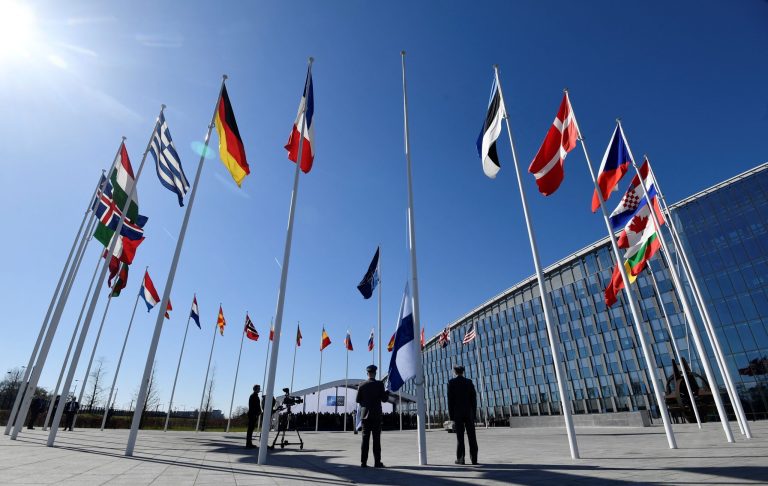A report released Thursday by a nonprofit group found that invasive spyware was installed on the smartphones of at least 12 Armenian politicians, journalists and civil society activists. The software could read messages from a phone and listen to calls.
The spyware called Pegasus, made by Israeli company NSO was previously found on the smartphones of tens of thousands people all over the world. This led to U.S. sanction 2021, and an Apple lawsuit. Researchers said that their latest findings were unique – they believe this is the first instance in which the technology was weaponized to wage war between countries.
Armenia has been at war with its neighbor Azerbaijan intermittently for decades. A cease-fire in the Nagorno Karabakh region was broken by 2020. thousands of people were killed. Since then, both countries have been involved in a shooting war that has resulted in more.
The report is a collaboration between the international internet rights group Access Now and Amnesty International, as well as the Citizen Lab at the University of Toronto. It calls for an “immediate moratorium” on sales and transfers of spyware technology.
NSO is the largest mercenary spy software developer in the entire world. It develops powerful programs such as Pegasus that can hack into smartphones and reveal information like contacts, calls, and location.
Researchers noted that the report did not conclude that Azerbaijan is responsible for the use of spyware on Armenians, but that the instances occurred at or near times of conflict between Armenia and Azerbaijan as well as against people who are considered to be traditional targets of espionage. Citizen Lab found that there were two Pegasus operators operating in Azerbaijan. Both of them had been registered by 2018.
Requests for comment from three arms of the Azerbaijani Government — the Consulate in Washington, the Ministry of Foreign Affairs and the President’s Office — were not answered.
NSO has insisted for years that its software was only designed to help governments catch terrorists and criminals. Its spyware has been repeatedly found on the mobile phones of activists living in authoritarian states. In 2021, a global media consortium discovered that Pegasus had been used to track at least 189 human rights activists and 89 journalists around the globe.
NSO has denied its responsibility in many cases where its software is abused. It claims that the software was used by legitimate, independent government agencies.
The findings released on Thursday were the first to show that civilians had been hacked by governments while their countries are in an armed conflict.
John Scott-Railton is a senior research at Citizen Lab. He has documented NSO Group attacks for many years. It’s also a reminder that the problem of mercenary software isn’t just one of cybersecurity. He said that it was a geopolitical issue and could potentially change the outcome of an armed conflict. His research was a valuable contribution to the investigation.
A spokesperson for the NSO Group said in a statement that they would not confirm its customers but “would investigate any credible allegations of abuse.”
The spokesperson said that “past NSO investigations resulted in termination of multiple contract regarding improper use of our technology.”
Twelve confirmed victims were journalists, lawyers or activists for civil rights, human rights and other causes.
Karlen Aslanyan is a television and web journalist. He said that he believed his work would make him a target.
He said, “If it were the Azerbaijani Government, they might be trying to find contacts to hear what sources I have.”
Samvel Farmanyan is a former politician and political journalist. He said being hacked had been deeply disturbing.
It changes your life psychologically. “Can you imagine having the feeling of being under surveillance and not knowing who is watching you or what their intentions are?” asked he.
Scott-Railton told reporters that governments around the globe should use this as a warning that they can be easily surveilled by other countries with access to spyware.
He said that they need to understand the seriousness of this threat and how it could have been used in this conflict or other ongoing conflicts.






